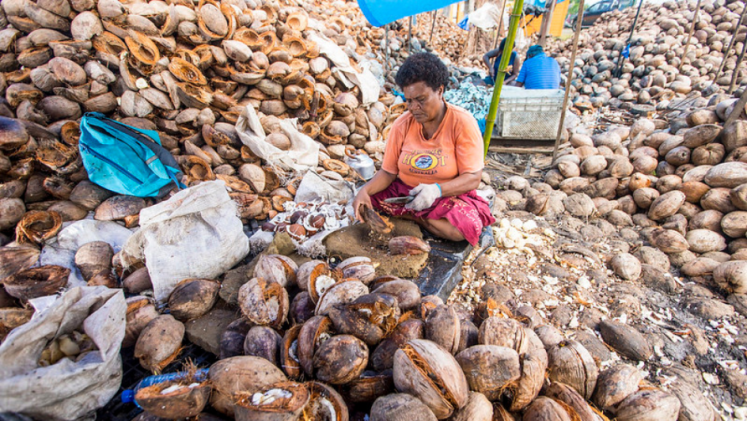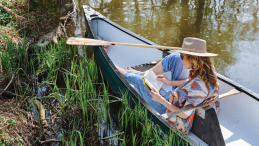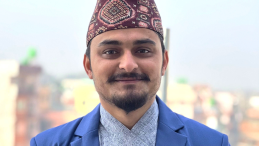Extreme weather events such as storms and cyclones have devastating effects on many Small Island Developing States. How can the most vulnerable economies and populations better cope with these events? One possibly surprising answer is: by addressing gender inequality, including unequal access to finance. The Pacific Insurance and Climate Adaptation Programme (PICAP) published a policy report as project on gender considerations for disaster risk financing in Fiji.
Below are 5 facts on gender equality and access to and usage of financial instruments in Fiji.
Women in rural areas are often more exposed to climate risks
Risk exposure differs between men and women in Fiji, with women in rural areas often more exposed. Women’s businesses are often home-based and their livelihoods are more strongly connected to natural resources such as crops, plants and trees that might be damaged or destroyed by a natural hazard.
Women use different coping mechanisms after natural hazards
Due to women’s roles in society, they often use different methods to help their families cope after a disaster strikes. For example, women are more likely to ask their friends and family for assistance, pursue government assistance, or withdraw money from their retirement fund. This can be partially explained by the lower access women have to other financial coping mechanisms like loans as they are less likely to own assets that are needed as collateral. Additionally, women often have less ability to pursue additional paid work due to the societal expectation to have them spend more time than normal on caring tasks such as collecting food, water, or caring for their children and the sick.
More men than women own bank accounts and have access to formal financial services
When people are affected by a disaster, one thing that can help them overcome the damages is access to financial services. Those who have a bank account have a better chance to access loans, for example, and they are also more likely to have some form of insurance. The World Bank has coined the term ‘financial inclusion’ to describe the access that individuals and companies have to financial services, and account ownership is a key part of financial inclusion. While both women and men in Fiji have a moderate level of financial inclusion, more men than women own bank accounts. Owning an account is crucial to increase women’s participation within the financial system and improve their access to financial support. Financial inclusion also allows people to take advantage of economic opportunities, invest in education, save for retirement, and insure against climatic risks.
More women than men have access to internet banking
New technologies can significantly increase financial access for those who are usually excluded. In Fiji, more women than men have access to internet banking and have mobile money accounts. However, this remains a small percentage for both. The higher usage of internet banking and mobile money accounts have been attributed to their flexibility and the ability of women to use them at their convenience around their household obligations.
Climate risk insurance can improve the financial preparedness of Pacific households
Pacific Island Countries are particularly vulnerable to extreme weather. These events lead to loss of income, productive potential and diminish their ability to cope with current and future climate change impacts. As a result, there is a growing need to explore meaningful options for managing and transferring risks associated with climate change, such as climate risk insurance. Financial inclusion of all affected groups will be a major step in this process. To build a world that is diverse, equitable, and inclusive, equitable access to financial instruments is key.
This is why the Government of Fiji has made significant efforts to integrate gender in disaster and climate change policies, including undertaking gender-disaggregated vulnerability and capacity assessments or including gender considerations in post-disaster needs assessments.
At UNU-EHS, the Pacific Insurance and Climate Adaptation Programme (PICAP) was created to respond to the growing need for disaster risk financing solutions for natural hazards in the Pacific region. It is a joint-UN programme with the UN Capital Development Fund, UN Development Programme, and the Munich Climate Insurance Initiative. In this context, it pays special attention to those who are disproportionately affected by natural hazards, including women.



